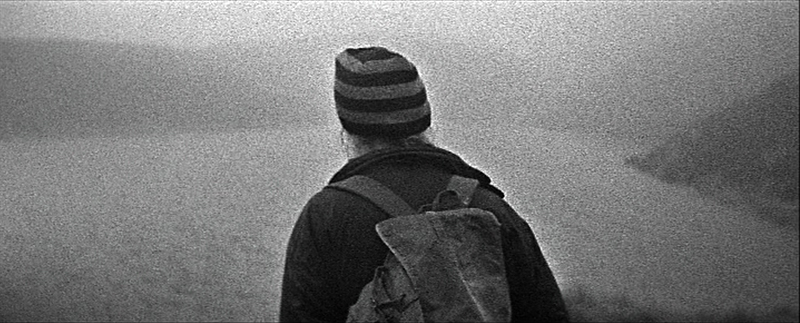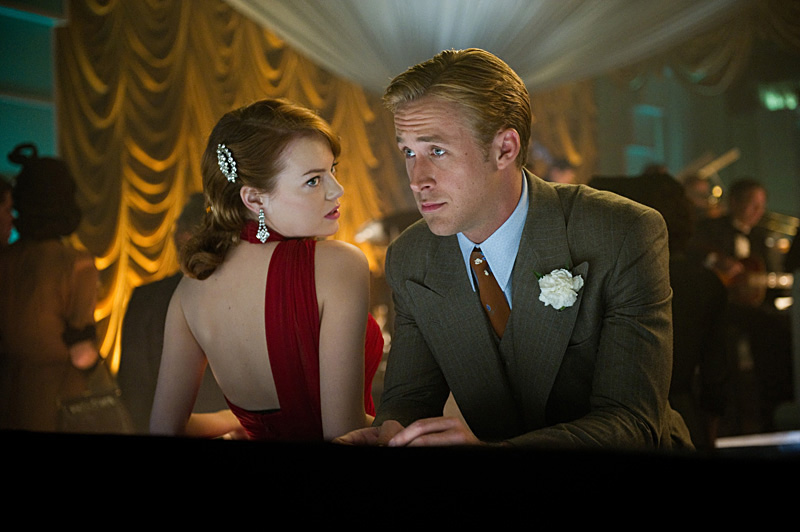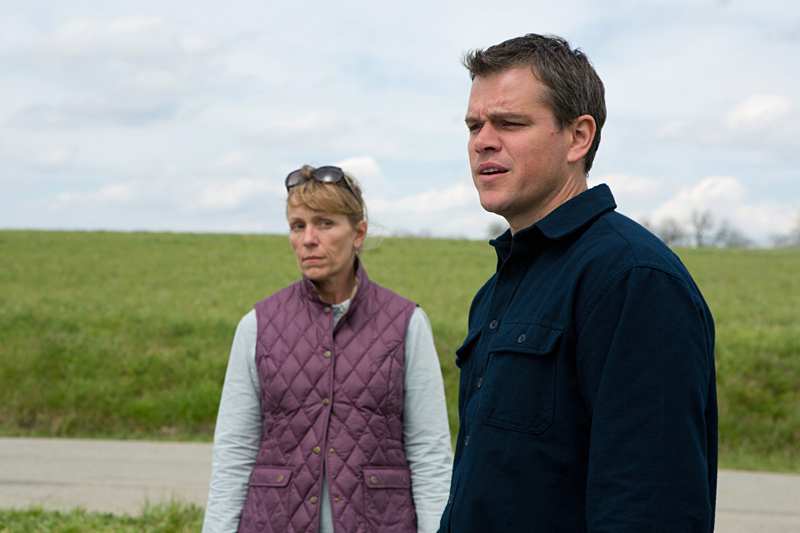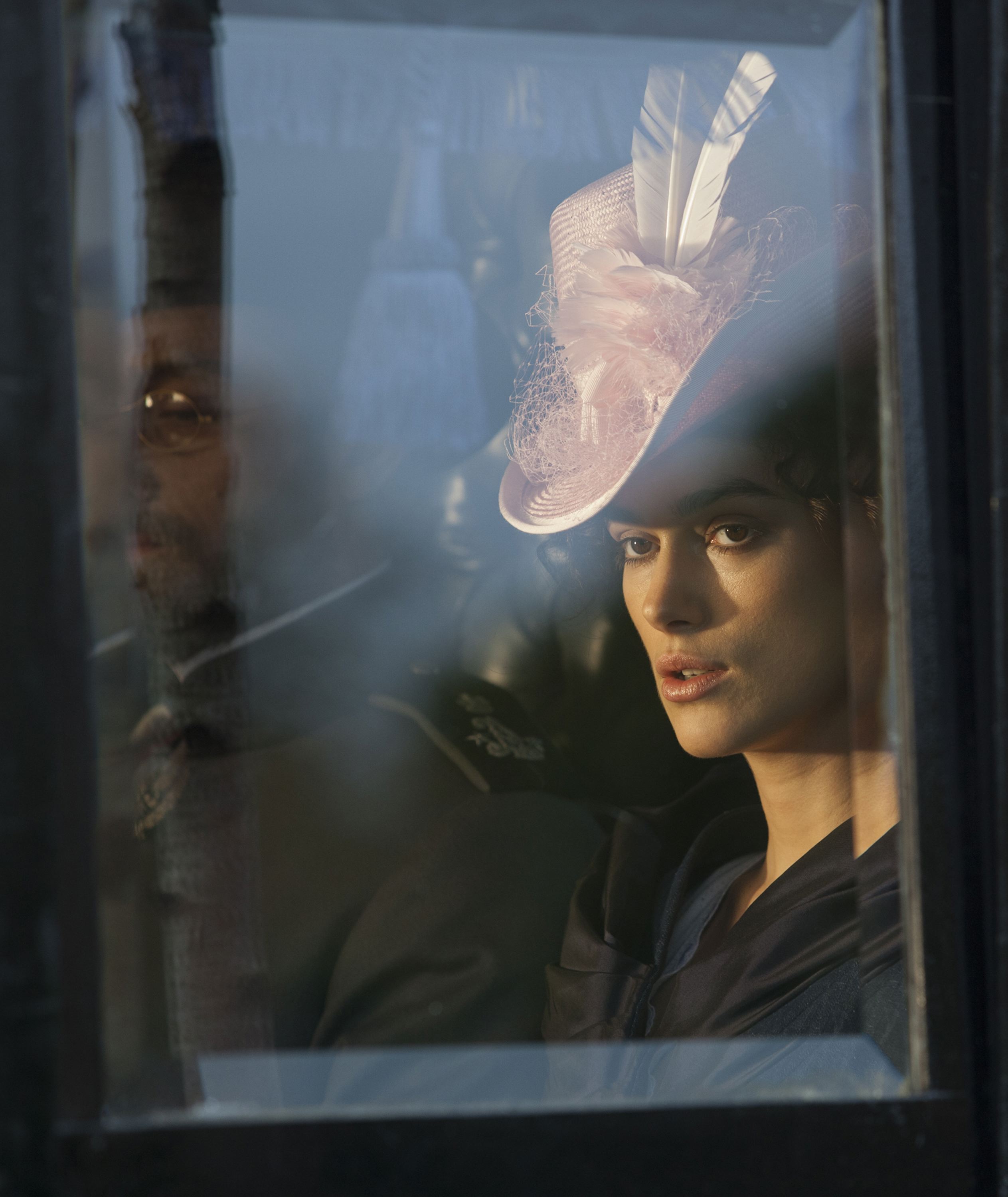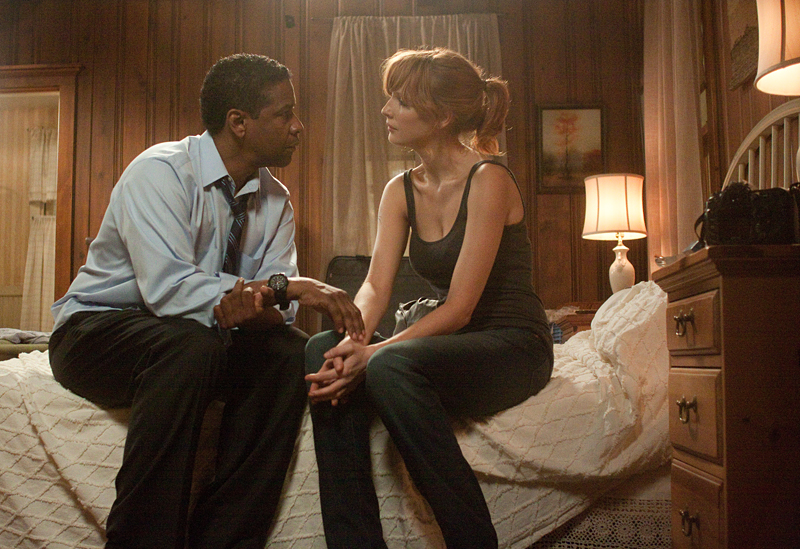It is difficult for residents of these sprawling United States to regard anything within the snug British Isles as truly remote, but Ben Rivers’ debut feature, set adrift in the foggy Scottish Highlands, establishes a real sense of getting lost. As with his prior shorts (being screened at 5 p.m. Sat. and Sun.), Two Years was shot with a hand-cranked 16mm Bolex camera, then developed and processed by hand. The hand-cranking accounts for the wavering of light and shifting tempo of motion within shots; the homemade processing accounts for the amoeba-like chemical puckers that dapple the image. The lone, almost expeditionary nature of Rivers’ operation matches his involuted subjects, for his is a cinema of privileged moments and stubbornly private people, preoccupations epitomized in Two Years, based on his 2006 documentary short, This Land Is Mine. Jake Williams, a man of indeterminate middle age with a knotty briar patch of a beard, lives in the mountains in a rambling, dilapidated farmhouse-and-barn complex with a camper trailer out front. Williams is introduced trudging across a snowy landscape, past frost-rimmed trees. After 80-odd minutes have passed, snow will settle on the ground again.
The film takes place between two winters, in a succession of scenes through which Williams silently wanders, going about his daily itinerary over the course of a calendar year: morning ablutions, pulling down trees, sorting through the contents of a box of unlabeled old photos that hint at a remote personal history. There is little in the way of incident, though at one point, Williams nods off in the trailer on his property rather than in his own bed—one gets the sense that he gets much of his amusement from such for-their-own-sake acts of novelty—and as he sleeps, the trailer floats skyward, settling to nest atop a tree. This bit of faerie mischief, neither explained nor really investigated, is the first and only intervention of the supernatural in a film that is otherwise quite content to ruminate on natural phenomena: A cloud enters the frame and passes at its leisure; a mizzly rain falls; Williams sprawls out under the open sky, his William Cullen Bryant facial bush at one with the undergrowth.
Two shots of particular duration stand out: In one, Williams rigs up a makeshift raft and paddles into the shallows of a loch, the ripples slowing and speeding according to a mysterious rhythm; in the other, the camera holds on his face as illuminated by the flicker of a slow-dying fire, his sagging slits of eyes going dark, soon followed by the rest of his visage sinking into a lacquered pool of black. As his subject has gone back to the basics, so has the artist returned to the childhood of the photographic miracle. (Note: Rivers will introduce Friday’s screenings and conduct a Q&A.)
